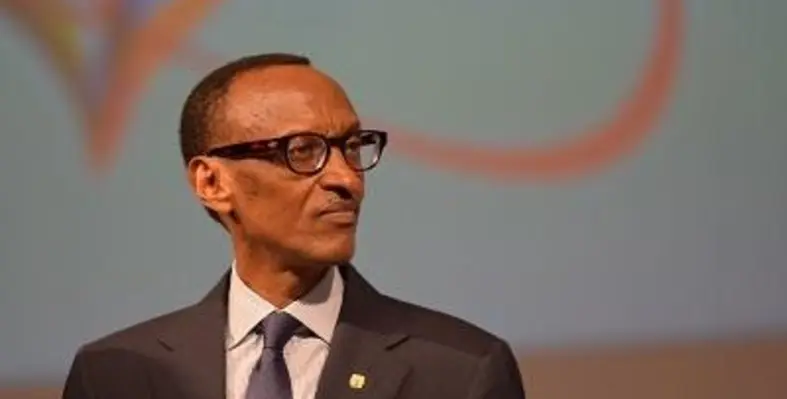Twenty five years on from Rwanda’s genocide President HE Paul Kagame shared how his country has transformed into an international leader of IT and centre of excellence at the Future Sustainability Summit in Abu Dhabi
The president spoke on how the government, for the last 15 years, has built a societal culture of responsibility across the nation, especially in regard to taking ownership over the care of the environment.
Twelve per cent of forests were cut down between 2010 and 2015. Since then, the government has embarked on a reforestation programme, restoring more than 10 per cent of its forests.
Impressively, the country also has banned the use and sale of plastic bags and other single-use plastics such as wrappers, plastic containers, and bottles as well as prohibiting imports and manufacturing of plastic products.
Rwanda also holds a clean-up day once a month, known as ‘Umuganda Day’ where people across the country clean streets, drain ditches and build schools.
During an open conversation Nik Gowing, Founder of Thinking about the Unthinkable project, questioned the president to what extent he had changed the culture of Rwanda by implementing the ‘one day a month’ incentive.
“What we learned ourselves is that it’s not enough to talk about policies when you are not actually doing anything about what needs to be done,” Kwame stated. “For us, it was to clean our own environment and then from there to build something new and different ̶̶ it has gone down in the minds of people and everyone has seen the benefits. It has now become part of the culture and every Saturday at the end of the month, we have communities cleaning up across the country.”
Gowing further probed, in light of its population challenges since the 1994 genocide, how the government had built a social contract between the government and the people that expect development and sustainability at the same time.
To which the president replied, “It all comes down to mobilisation. People have to mobilise around the idea about how a country and a society exist and continues to exist and how it particularly looks in the future.
“Over the 25 years we created something from nothing. It happened as we were able to look at each other in the eyes, [with the realisation that] there is something that we can do. All is not lost - we are left. We can work together and create something whether it is to do with sustainability, the environment, socio-economic development, stability and security for the country.”
See full article in the next issue of African Review














